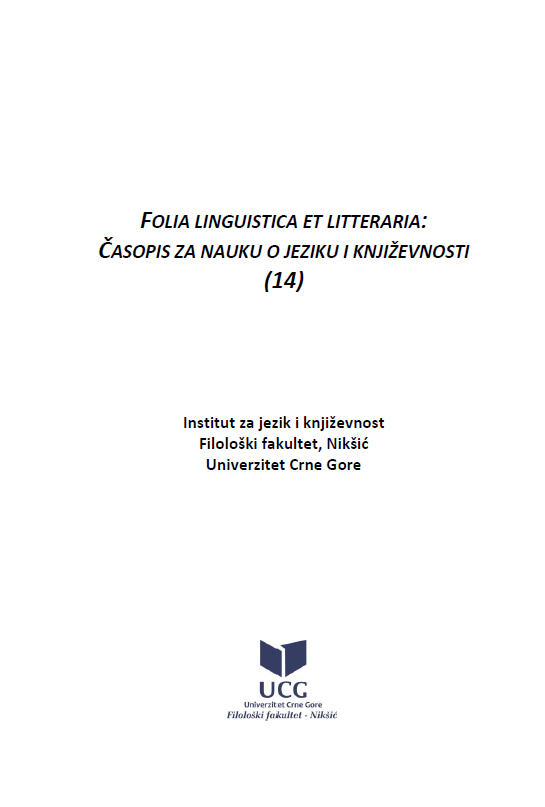BIOPOLITICS AND INTERCULTURAL CITIES IN EUROPE
BIOPOLITICS AND INTERCULTURAL CITIES IN EUROPE
Author(s): Senka Božić-VrbančićSubject(s): Government/Political systems, Evaluation research, Sociology of Culture
Published by: Filološki fakultet, Nikšić
Keywords: cultural politics in the EU; cultural policy; politics of difference; governmentality; biopolitics;
Summary/Abstract: In 2008, the Intercultural Cities project, a joint initiative of the European Commission and the Council of Europe, was launched within the framework of the European Year of Intercultural Dialogue. Initially, the project involved 11 different cities from 11 different Member States of the Council of Europe. The project was designed in order to develop “better ways of strengthening community cohesion” and to improve “the social, economic and cultural well-being of cities” (Intercultural Cities, 2009: 11). Today, the Intercultural Cities project is one of the most successful projects initiated by the European Commission and the Council of Europe and currently involves 36 different cities, not just from Europe, but also from other parts of the world. The Intercultural Cities Index has been developed, an index which “suggests the level of interculturality of a city.” In this paper we explore the complex articulation that has produced the Intercultural Cities Index and other attempts to measure and observe the “interculturality” of different cities. Our task is to question “naturalised” assumptions which often frame European public policy, or, to paraphrase Sara Ahmed (2006), we examine what European cultural policies are actually set out to do.
Journal: Folia Linguistica et Litteraria
- Issue Year: 2016
- Issue No: 14
- Page Range: 73-88
- Page Count: 16
- Language: English

